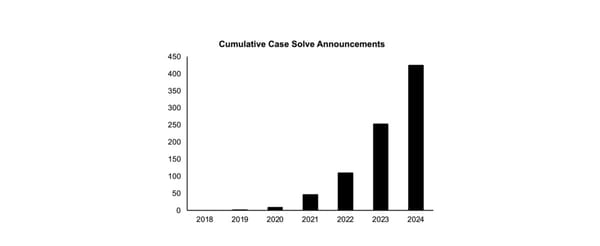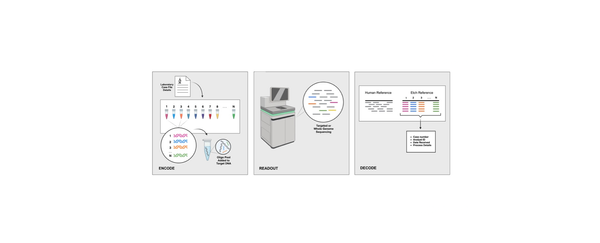The field of forensic DNA analysis has experienced significant advancements over the years, such as the advent of DNA fingerprinting, the introduction of the polymerase chain reaction for increased sensitivity, the shift to a primary genetic marker system based on short tandem repeats, and implementation of national DNA databases.
Now, the forensics field is poised for another revolution with the advent of dense single nucleotide polymorphisms (SNPs) testing. SNP testing holds the potential to significantly enhance source attribution in forensic cases, particularly those involving low-quantity or low-quality samples. When coupled with genetic genealogy and kinship analysis, it can resolve countless active cases as well as cold cases and cases of unidentified human remains, which are hindered by the limitations of existing forensic capabilities that fail to generate viable investigative leads with DNA.
The field of forensic genetic genealogy combined with genome-wide sequencing can associate relatives as distant as the seventh-degree and beyond. By leveraging volunteer-populated databases to locate near and distant relatives, genetic genealogy can effectively narrow the candidates linked to crime scene evidence or aid in determining the identity of human remains. With decreasing DNA sequencing costs and improving sensitivity of detection, forensic genetic genealogy is expanding its capabilities to generate investigative leads from a wide range of biological evidence.






